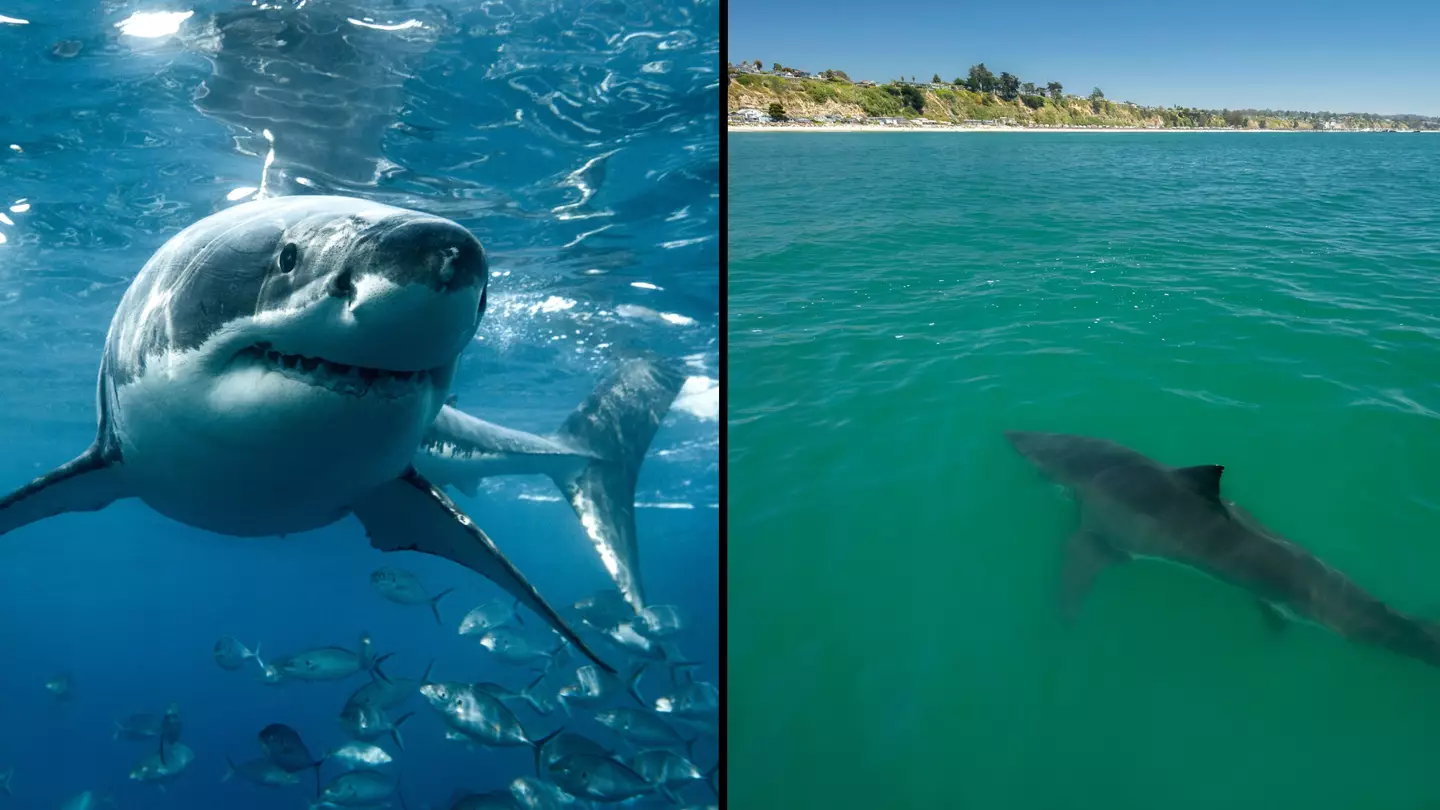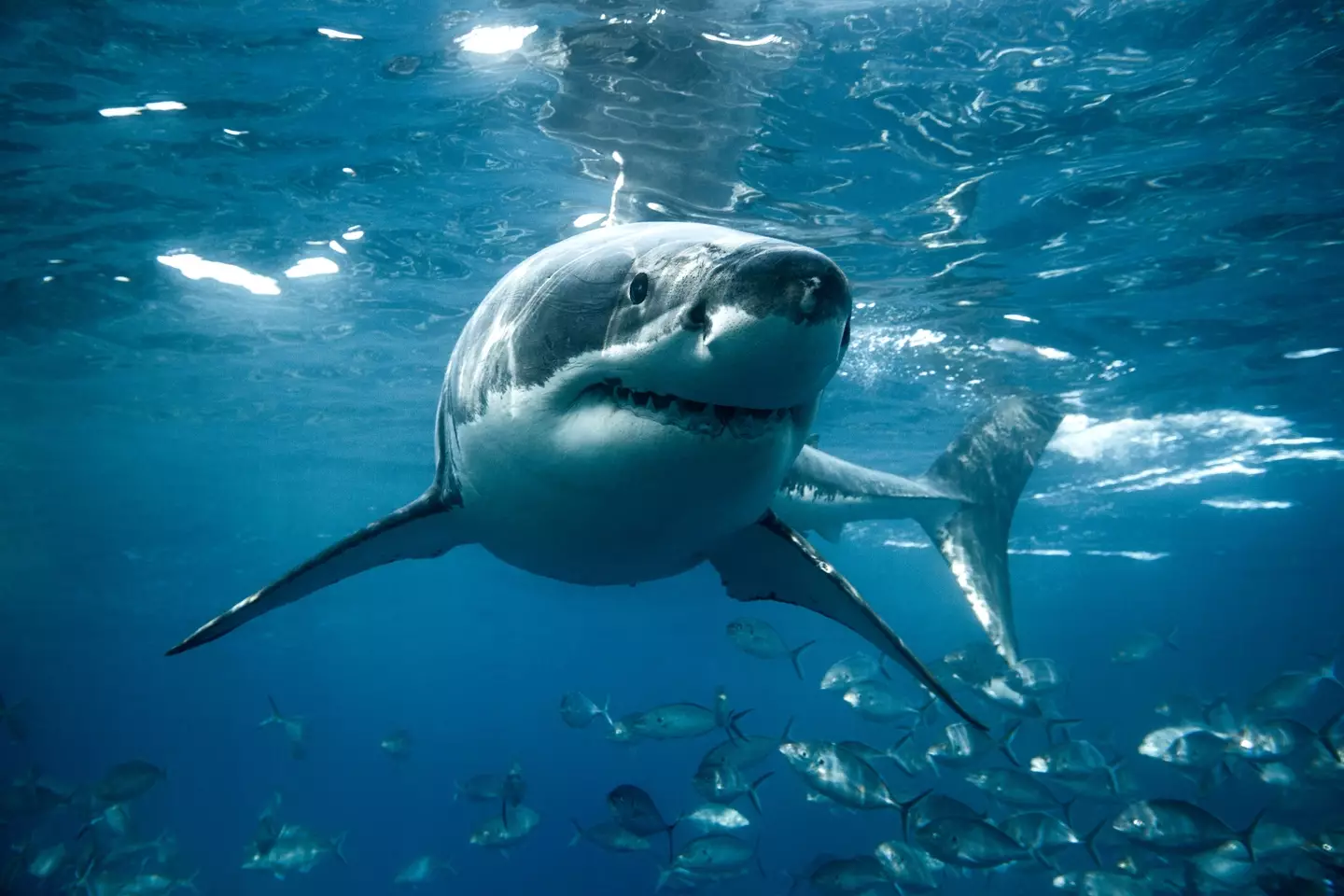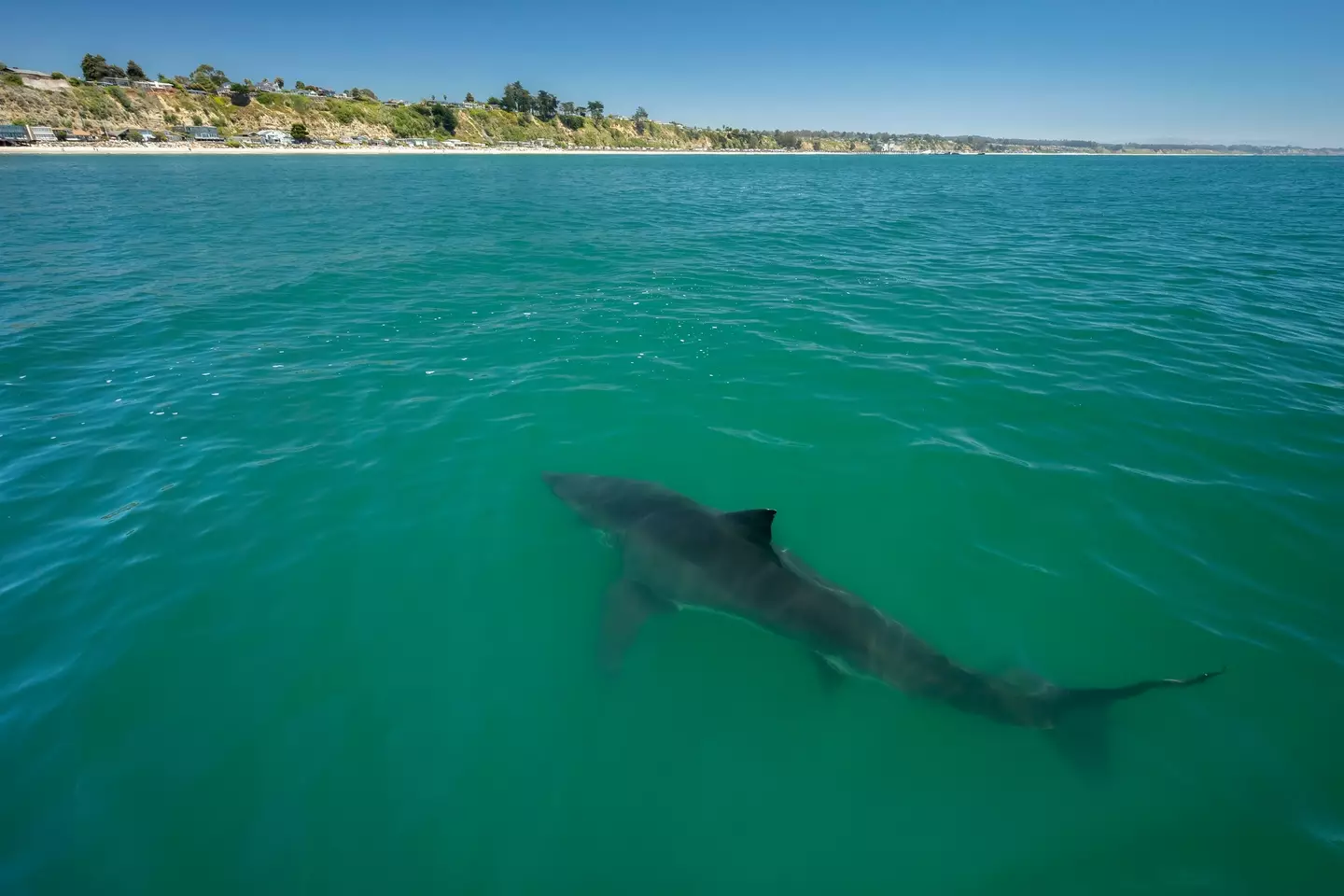
Scientists reckon the UK or Ireland is a 'really comfortable place' for a great white shark to live as experts are now seriously on the look-out.
With possible 'sightings' being reported over the years, shark boffins are hoping to get a glimpse of the sea creature that hasn't officially ever been seen on the recorded in the UK and Ireland.
Up to 20 feet in length, the great white is one of the ocean's most feared predators.
With incredibly sharp teeth and impressive sense of smell, the great white is able to detect a single drop of blood from miles away, and can launch an attack within a matter seconds.
They primarily feed on seals, fish, and smaller marine mammals, but there have been countless incidents of humans being attacked - particularly in countries such as Australia and South Africa.
Advert
While they're not native to the UK, there have been a few instances of fisherman 'spotting' a great white, such as in 1999 when a skippers Mike Turner and Phil Britts - on board the Blue Fox - were in Cornwall releasing a tope shark they had caught.
After the shark rolled slightly on to its side, exposing its white belly, Turner was convinced it was a great white.
However, no photos of Blue Fox shark were taken.

All that being said, scientists believe that the conditions in UK and Ireland would be perfect for them.
Advert
And this comes after US non-profit research organisation Ocearch are hoping to create history in finding a great white in our waters.
"It would be the shark heard around the world," Chris Fischer, founder of Ocearch, told Sky News.
"It would be the greatest thing we have ever achieved on the water.
"It would be the greatest gift we could give to any region of the world for their future, because that one shark would show people in this area and other research institutions where they can then potentially work on them and get more of the work going."

Advert
Shark expert and lead Irish scientist on the new Ocearch expedition, Dr Nick Payne, added: "I think given the conditions we have in Britain and Ireland in terms of the water temperatures and the kind of food that's available, the kind of habitats that exist on the seabed here, I think there's a really good chance.
"These are exactly the kind of conditions, this is like a Goldilocks environment for these animals.
"It's not too hot, it's not too cold, the food here is right, both here in Ireland and throughout different parts of the UK.
"This whole region is potentially a really comfortable place for them. It's just a matter of trying to find out if they're here."